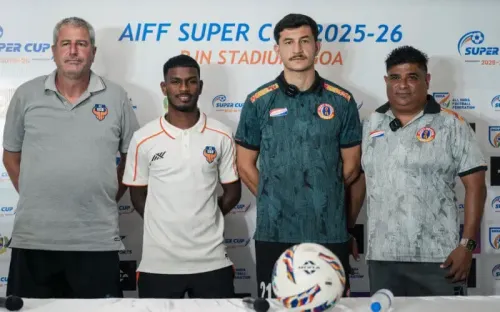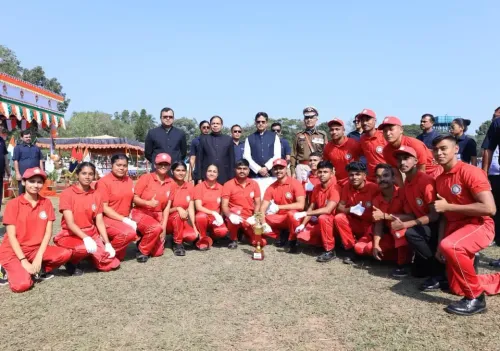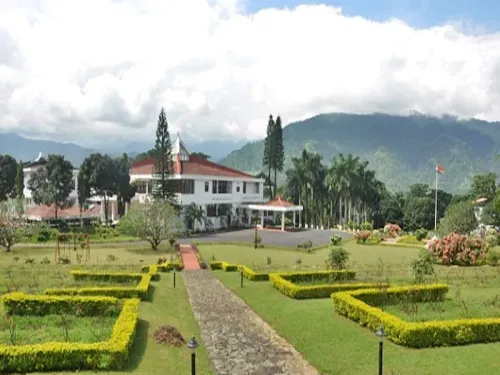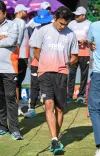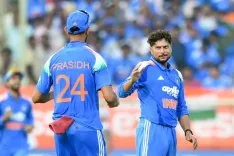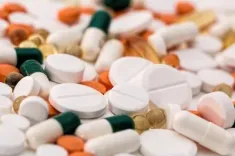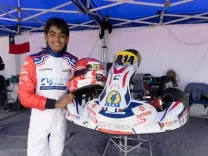Did Telangana and Andhra Pradesh Agree to Form a Committee for River Water Issues?
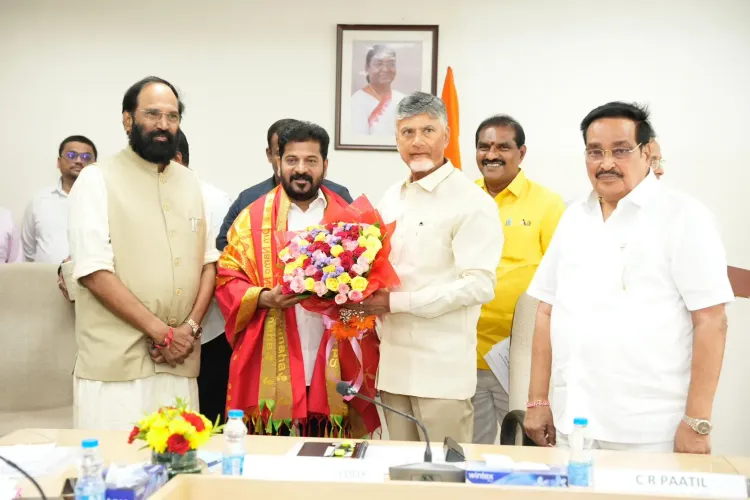
Synopsis
Key Takeaways
- Formation of a committee to address river water issues.
- Involvement of officials and experts from both states.
- 30-day timeline for the committee to present recommendations.
- Installation of telemetry systems for accurate measurements.
- Repair of the Srisailam dam is a priority for Andhra Pradesh.
New Delhi, July 16 (NationPress) Telangana and Andhra Pradesh have reached an agreement to form a committee dedicated to resolving all matters related to the Godavari and Krishna river waters.
This committee will include senior officials, engineers, and specialists from both states.
It is expected to be established within the next 3 to 4 days, and it aims to present a pathway forward for all issues within a span of 30 days.
This significant decision was made during a meeting of the Chief Ministers from both states, facilitated by the Jal Shakti Ministry in the national capital on Wednesday.
Telangana's Chief Minister A. Revanth Reddy and his counterpart from Andhra Pradesh, N. Chandrababu Naidu, along with irrigation ministers and senior officials, engaged in discussions with the participation of Union Jal Shakti Minister C. R. Paatil.
Revanth Reddy addressed a press conference post-meeting where he highlighted the issue surrounding the Godavari-Banakacherla interlink project that Andhra Pradesh intends to initiate.
The committee is tasked with identifying and discussing all matters related to water allocation, ongoing, pending, and proposed projects within both Krishna and Godavari river basins.
He further stated that any unresolved matters would be escalated to the chief ministerial level.
Regarding the Godavari-Banakacherla project, Reddy mentioned that they have already lodged complaints with the Polavaram Authority, Central Water Commission (CWC), and Godavari River Management Board (GRMB), with central bodies expressing objections to the project.
He clarified that the Centre's role was limited to facilitating the meeting, alleging that some factions in both states aim to sow discord; however, he asserted that his administration is committed to resolving these challenges. “We are solely accountable to the people of Telangana,” he stated.
Telangana's Irrigation Minister Uttam Kumar Reddy noted that four key decisions were made during the meeting. Both states agreed to install telemetry systems at all offtake points in the Krishna river for precise measurement of water withdrawal.
The Telangana government proposed to fund the Krishna River Management Board (KRMB) for the completion of these telemetry installations.
Moreover, it was decided that the Andhra Pradesh government would be responsible for the repair of the Srisailam dam, which falls under its jurisdiction.
Uttam Kumar Reddy expressed concerns regarding the condition of the Srisailam dam, emphasizing that Telangana feels Andhra Pradesh has not fulfilled its responsibilities in this regard. The National Dam Safety Authority (NDSA) has also raised alarms about the dam's health.
The Government of India has instructed Andhra Pradesh to commence repairs without delay.
Additionally, it was resolved that the GRMB office would be established in Telangana, while the KRMB office would be set up in Andhra Pradesh, aligning with the Andhra Pradesh Reorganisation Act and the decisions made during the Apex Council meeting in 2020.
Andhra Pradesh's irrigation minister Nimmala Rama Naidu informed the media that the meeting was conducted in a friendly atmosphere, asserting that a committee on Krishna and Godavari water issues and Banakacherla was agreed upon.
On Tuesday, Telangana communicated with the Centre expressing that the Godavari-Banakacherla project proposed by Andhra Pradesh should not be on the meeting's agenda.
In their letter to Minister Paatil, Telangana argued against discussing the Godavari-Banakacherla project due to the absence of necessary approvals, indicating that any discussion would contravene relevant laws and tribunal awards.



